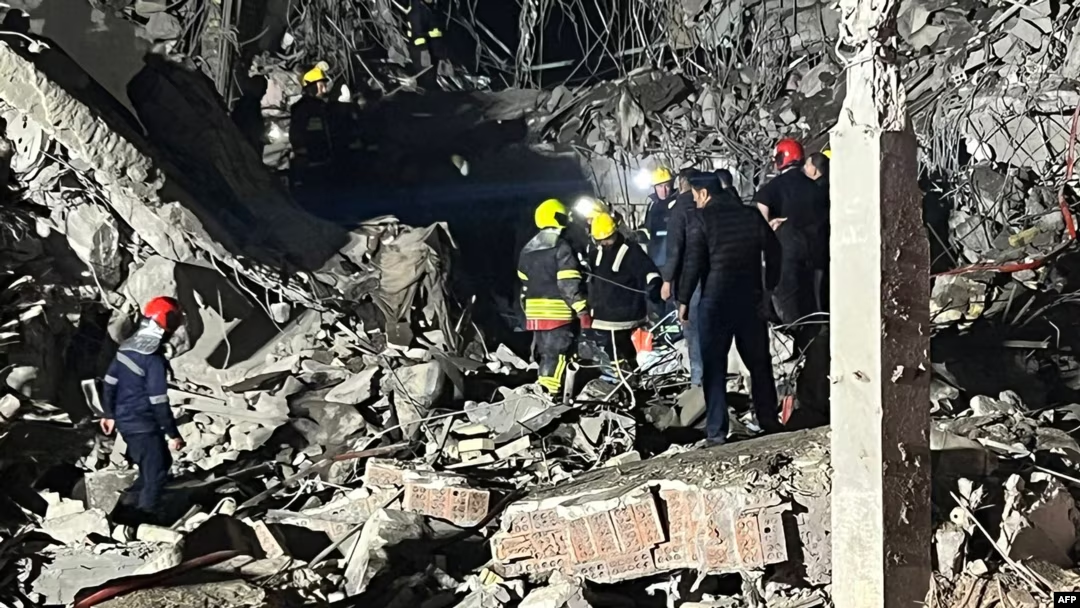Recent reports from US media outlets have stirred apprehension, suggesting that Iran might be gearing up for an attack on Israel within the next 48 hours. This development has sent shockwaves through diplomatic circles and raised questions about the stability of the region.
BREAKING NEWS: ACCORDING TO THE US MEDIA. IRAN TO ATTACK ISRAEL IN THE NEXT 48 HOURS.
IRANIANS ARE BACKING THEIR GOVERNMENT !
WHAT IS GOING ON ??? pic.twitter.com/mboPusKgRn
— SR ⁶⁹ (@ultimate__d) April 12, 2024
The situation is compounded by widespread support from Iranians for their government’s stance, fueling speculation and concern about the potential for escalating hostilities. But what exactly is happening, and why are tensions reaching such a critical point?
Iran’s intentions have long been a subject of international scrutiny, particularly regarding its stance towards Israel. The longstanding animosity between the two nations has been fueled by ideological, political, and regional factors, making any potential confrontation a matter of global concern.
The reported plans for an attack on Israel have heightened fears of a major conflict, prompting diplomatic efforts to defuse the situation. However, the backing of the Iranian government by its citizens adds a layer of complexity to the already volatile situation.
It’s crucial to approach these reports with caution and to seek reliable sources of information to gain a clear understanding of the situation. While tensions in the region are undoubtedly high, it’s essential to avoid speculation and inflammatory rhetoric that could further escalate the situation.
At this juncture, diplomatic channels must remain open to facilitate dialogue and prevent any actions that could lead to further instability. The international community plays a crucial role in promoting peace and stability in the region, and concerted efforts are needed to address the underlying issues fueling tensions.
In conclusion, the reports of Iran’s alleged plan to attack Israel in the next 48 hours have raised serious concerns and underscore the importance of diplomatic efforts to mitigate the risk of escalation. It’s imperative for all parties involved to exercise restraint and prioritize dialogue to prevent any further deterioration of the situation.










